Growing phlox in your garden can be a beautiful and rewarding experience, but for many gardeners, it’s an activity with one major caveat: will deer eat the flowers? Unfortunately, there is no definitive answer to this question. While some varieties of phlox may be resistant to deer grazing, other types are particularly attractive to these four-legged pests. In this blog post, we’ll explain why deer like some varieties of phlox so much and offer tips on how to keep them away from your blooms. So if you’re looking for insight into whether or not phlox is deer resistant, then read on!
Do Deer Eat Phlox?
Phlox is a popular flowering plant that comes in many varieties. While it may seem like deer would enjoy the delicate blooms, the question remains – are phlox plants deer resistant?
While there is no such thing as a completely “deer-proof” plant, some research suggests that certain types of phlox have low levels of attractiveness to deer.
Overall, phlox can be an attractive addition to any garden – as long as you take the necessary precautions to protect it from hungry deer! With careful planning and a little bit of luck, you should be able to enjoy these beautiful flowers for years to come. [1]
What Phlox Is Deer Resistant?
Moss Phlox
Phlox subulata, also known as Moss Phlox, is a type of perennial that has a low growth habit and produces numerous colorful blooms during the spring and summer seasons. It’s an ideal groundcover for sunny spots, but gardeners also want to know if it’s deer-resistant. The good news is that this plant generally repels most four-legged nibblers. However, hungry deer may sample the foliage occasionally, so it pays to take preventive measures if you live in a high deer population area. Deer have evolved to eat whatever food source they can find when times are tough and they’re hungry enough. This means that even plants that are labeled as “deer resistant” can also be eaten by deer if they have tender new growth or tasty flowers.
Creeping Phlox
Creeping phlox (Phlox stolonifera) is another popular garden perennial, valued for its showy blooms and evergreen foliage. It’s also a relatively deer-resistant plant. In fact, the University of Illinois Extension lists it as one of their top choices for areas with frequent deer browsing. Again, no plant is completely deer-proof and hungry animals may still take a few nibbles from time to time. But in general, this phlox should stay safe from most nibbling critters if other food sources are available nearby.
Garden Phlox
Garden phlox (Phlox paniculata) is a tall perennial with fragrant flowers that appear during the summer months. Phlox is a popular choice for many gardeners, as it provides vibrant color and texture in the landscape. When determining whether or not to use phlox in your garden, one of the first questions you may have is if it is deer resistant. The good news is that phlox has been reported to be mostly deer resistant, which means that they are less likely to feed on them than other plants. However, this does not guarantee that deer won’t eat your phlox plants. If you live in an area with higher populations of deer, extra precautions should still be taken to protect your plants from damage. A few ideas include placing fencing around the area or using repellents such as spray-on liquids or granulated products. Additionally, be sure to check your plants regularly for signs of deer feeding and take action if needed. With a bit of effort, you can have beautiful gardens filled with phlox that are safe from deer damage. [2]
Sand Phlox
Sand phlox (Phlox bifida) is a smaller cousin of garden phlox that produces flowers in shades of pink and purple. It is also resistant to deer, though not as much so as garden phlox. Sand phlox can be used in many different areas of the landscape but it grows best in sunny locations with well-drained soil. As with all plants, you should still take precautions if you live in an area with high deer populations, including using repellents or fencing around the plants. With some care and attention, sand phlox can be a beautiful addition to your garden that won’t be eaten by deer.
Are Phlox Ground Cover Plants Deer Resistant?
Phlox is a perennial flowering plant and species of phlox are popularly used as ground cover in gardens. If you’re looking for an attractive, deer-resistant ground cover, the good news is that many types of phlox have been found to be deer resistant. Phlox paniculata (garden phlox) is especially known to be resistant to deer browsing and damage. Generally speaking, most tall garden phlox varieties are less appealing to deer than other plants due to their strong scent and taste.
Other types of plants can also be used as an effective ground cover for gardens in deer-prone areas. These include euonymus, hellebores, yarrow, pachysandra, vinca, and periwinkle. If you’re looking for a way to keep your garden safe from deer damage without losing the visual appeal of lush foliage or colorful blooms, these species may be worth considering.
Although phlox is generally considered to be a deer-resistant ground cover, it’s important to note that no plant is completely safe from deer browsing and damage. If you live in an area where there is a high population of deer, it may still be necessary to take additional measures such as fencing or spraying repellents to keep them away from your garden. [3]
In summary, phlox is often recommended as an attractive and deer-resistant ground cover for gardens. While many species are known to be resistant to deer browsing and damage, some varieties are more appealing than others and additional measures should be taken if you live in an area with a high population of deer.
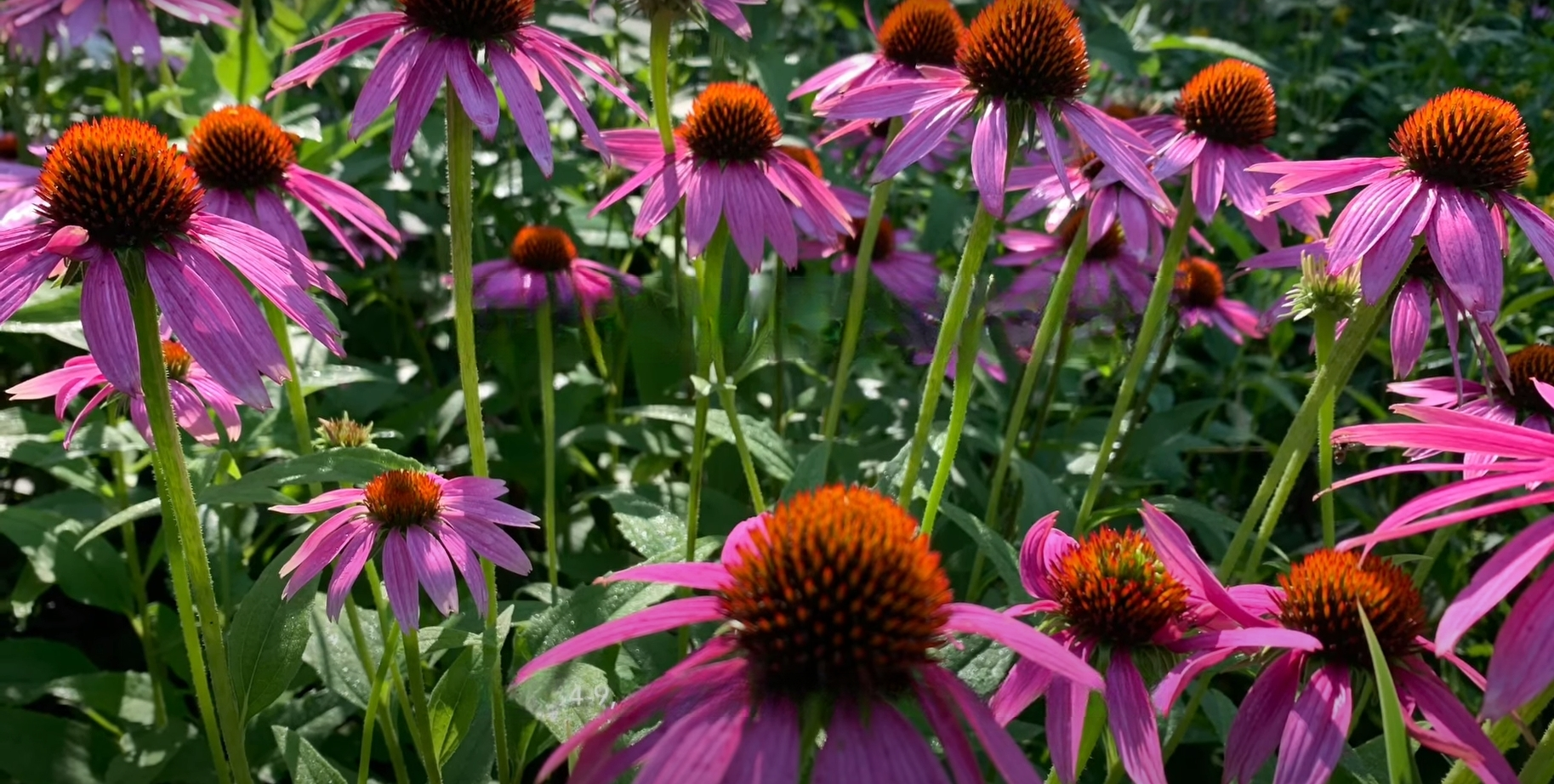
Is Woodland Phlox Deer Resistant?
Woodland phlox, also known as Phlox divaricata, is a perennial flowering plant native to North America. It is often used in flower beds and borders in gardens due to its beautiful blue, pink or white blooms. However, gardeners considering adding this charming plant to their landscape should be aware that it may not be deer resistant.
If your woodland phlox does become a victim of deer browsing, there are some steps you can take to help the plants recover. Prune any damaged parts and fertilize regularly with a balanced fertilizer. This will help the plant produce new growth which is less likely to be consumed by deer than older foliage. If the damage is severe, consider replacing it with another variety better suited to deer-prone areas. [4]
How to Keep Deer From Eating Phlox
Physical Barriers
The simplest way to keep deer from eating your phlox is by installing a physical barrier such as a fence or netting. Make sure the barrier is at least 8 feet tall so that it is difficult for the deer to jump over.
Repellents
Another option is to use chemical repellents. Commercial products are available, but you can also make your own natural repellent using garlic, eggs, or soap mixed with water. Ensure that you reapply these solutions after rain and snowfall as they will wash away quickly.
Habitat Modification
If possible, modify the habitat around your phlox garden to discourage deer from entering the area. This may include cutting back trees and shrubs that deer use for cover, removing nearby sources of food and water, or regularly scaring deer away with loud noises or bright lights.
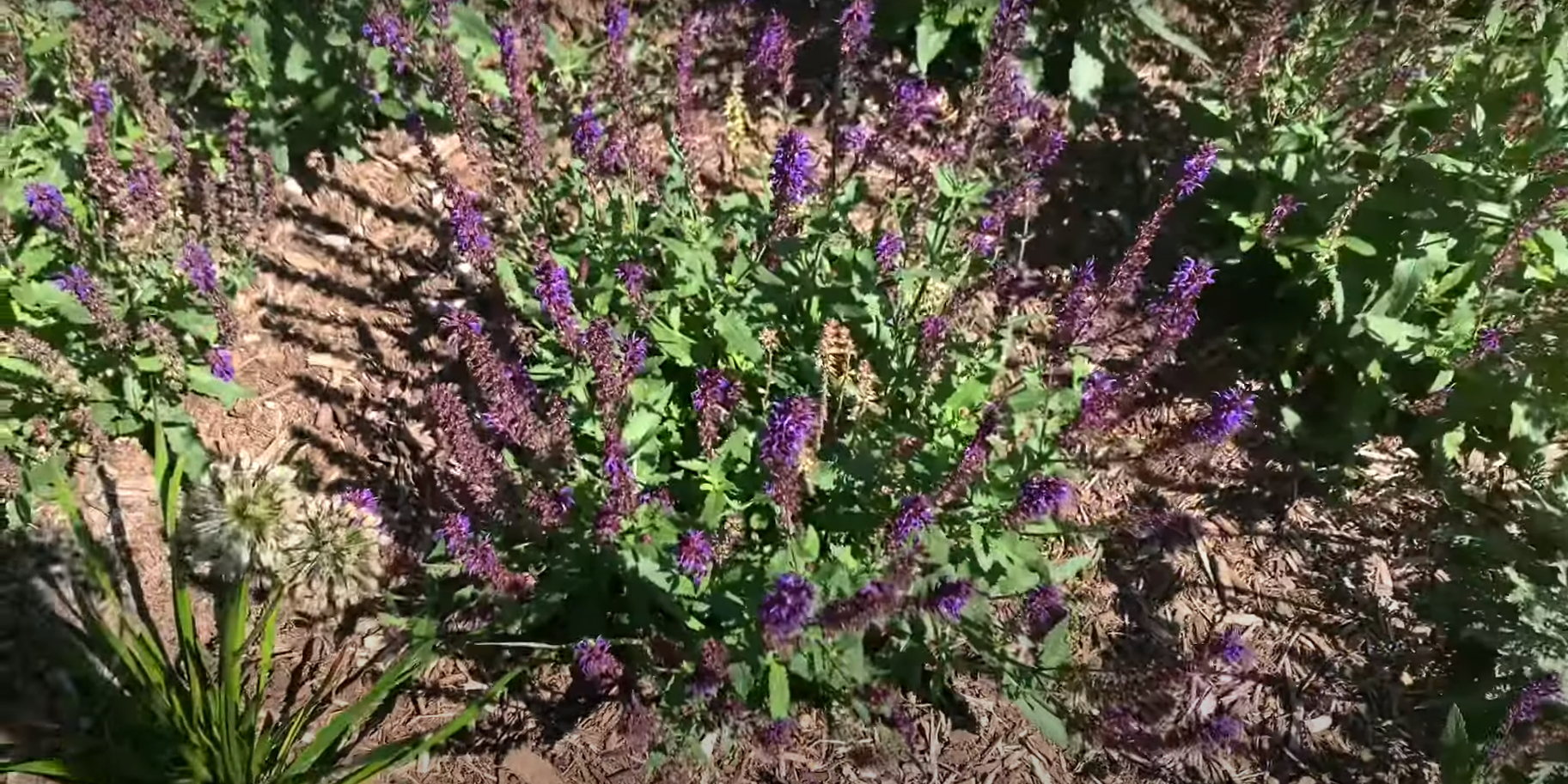
Noise Deterrents
Phlox plants are known to be resistant to deer. However, this does not mean that deer won’t try to eat your phlox! To reduce the chances of deer trying to munch on your phlox, you can use noise deterrents. This includes motion-activated sprinklers and other devices designed to make a loud noise or spray water when activated by an animal’s movement. You can also hang windchimes, bells, or reflective ribbon in prominent areas near your Phlox plants; these all create sound that may startle deer and deter them from approaching the plants. Additionally, having a dog in the yard will usually help keep deer away since they dislike being around animals who react aggressively towards them.
Deer Deterrent Sprays
One final method to deter deer from your Phlox plants is to use a deer deterrent spray. These sprays contain a foul-smelling scent that deer find unappetizing. They usually have to be reapplied regularly, so make sure you check the product’s instructions for more information about how often it should be applied. [5]
Plant Deer Resistant Phlox
In addition to using noise and spray deterrents, you can also plant deer-resistant varieties of Phlox. These varieties are specifically bred to have a taste or smell that deer find distasteful. This means they may be less likely to be eaten by deer than other types of Phlox, which can help keep your plants looking beautiful and healthy.
No matter what method you choose, it is important to remember that no method is 100% guaranteed to work. Deer are unpredictable creatures, so make sure you monitor your Phlox plants closely and take action if you see any signs of damage or missing leaves. With the right combination of deterrents, you can help keep deer away from your phlox and enjoy its beautiful blooms for many years to come!
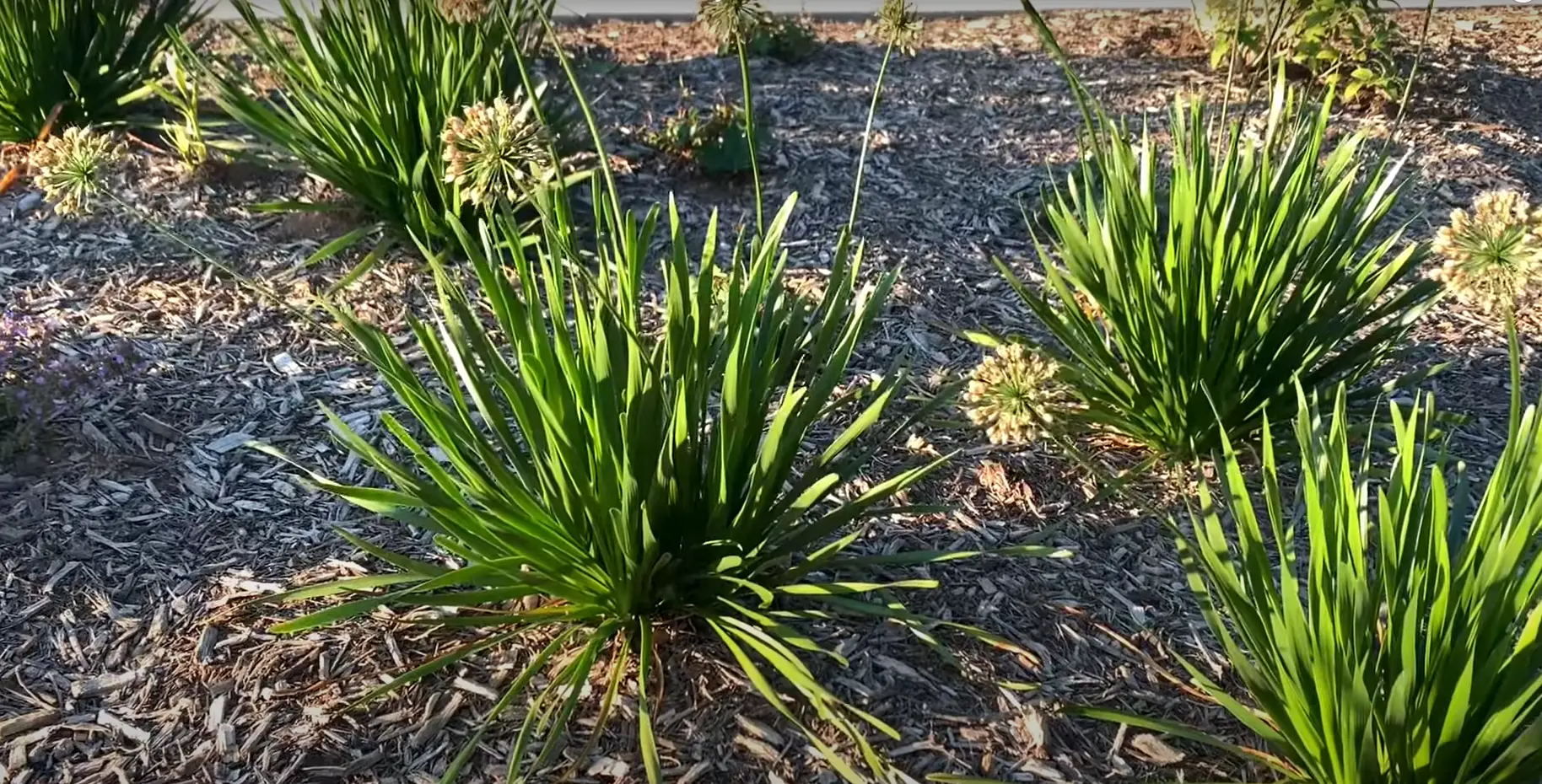
Does Phlox Grow Back If Deer Eat Them?
The answer to this question is a little complicated. Phlox plants are generally not considered deer-resistant, and if the deer decide to snack on them, they can do quite a bit of damage. However, in some cases, the phlox plants may be able to make a recovery from the attack if given enough time and care.
If your phlox plants have been attacked by deer, it’s important to act quickly. Remove any damaged or dead foliage and stems as soon as you notice them so that disease doesn’t spread throughout the plant. Prune away any damaged parts with sterilized pruning tools. Then fertilize your phlox with an all-purpose fertilizer to help it recover faster from the deer’s damage.
With enough care and attention, your phlox should be able to make a full recovery from any damage caused by deer. However, it is important to remember that these plants are not considered deer-resistant and take steps to protect them in areas where there is a high risk of browsing by these animals. By providing a little extra care and protection, you can help ensure that your phlox plants will continue to thrive for many years. [6]
FAQ
What is the problem with phlox?
Phlox is a type of flowering plant with attractive blooms, but it is not deer resistant. Deer will often browse on the foliage and flowers of phlox plants, causing damage to their appearance.
Is Phlox Deer Resistant?
Unfortunately, phlox is not deer resistant. If there are deer in your area, you should take extra precautions to protect your plants from browsing by taking steps such as fencing or planting deterrents like marigolds or garlic around the perimeter of your garden. You may also need to apply repellents or other control methods to keep the deer away from your phlox plants.
What can I do to protect my Phlox from deer?
The best way to protect your phlox from deer is by creating a barrier around the plants. Fencing in your garden can help keep deer away, as well as planting deterrents such as marigolds or garlic near the perimeter of your garden. You may also need to apply repellents or other control methods to keep the deer away from your phlox plants. Additionally, you can spray the foliage with an animal repellent to make it less appealing for browsing animals. Finally, be sure to regularly check and remove any fallen leaves or flower petals that have been browsed on by deer.
What is the most deer resistant flower?
Phlox is often touted as one of the most deer resistant flowers. It is a genus of 67 species, with many varieties and hybrids available. Phlox are low-maintenance, long-blooming plants that will thrive in almost any soil type. They come in an array of colors, from white to pink to lavender. The plant itself can range from 2 – 5 feet tall depending on the variety planted. Due to its hardiness and prolific blooming nature, phlox has recently become a popular choice for landscaping as well as cut flower arrangements. This also makes it appealing to gardeners looking for a way to keep pesky deer away from their gardens without using harsh chemicals or fences.
What plant do deer hate the most?
Deer are persistent and will often browse through gardens looking for the plants they find tasty. However, there are several flowers that deer tend to avoid more than others. Some of these include marigolds, pansies, petunias, lantana, coreopsis, snapdragons, foxglove, poppies, asters and phlox. Of these options, phlox is known as one of the most deer resistant flowers due to its strong fragrance and tough foliage. The plant’s dense growth also makes it difficult for deer to browse on without alerting gardeners to their presence. To further protect your garden from browsing critters, consider mixing various types of plants together in order to create an uncomfortable environment for deer.
Are clematis deer resistant?
Phlox is considered to be deer resistant, however it can still be damaged by hungry deer. Because of this, it is important to plant phlox in an area where there are fewer chances for deer to access the plant. Planting with other plants that have a strong odor or texture may help deter deer from eating the phlox. Additionally, installing fencing around your garden will provide protection for all of your plants, including the phlox. When it comes to clematis, deer usually avoid them because of their delicate petals and waxy leaves. However, if they are especially hungry they may choose to munch on the foliage or flowers of clematis plants as well. As with any plant, the best way to keep deer away is by installing a strong fence around your garden. Additionally, adding other plants with a strong odor or texture can provide extra protection for the clematis.
Useful Video: Deer Resistant Plants That Bees & Butterflies Love In My Garden
Conclusion
In conclusion, Phlox is not a deer-resistant plant. While there are some varieties of phlox that have been known to repel deer, these are not as widespread and reliable as those that do not. If you are looking to keep deer away from your garden, it would be best to look for other plants with higher levels of resistance. Additionally, physical barriers can also be used in combination with the right plants to effectively deter deer from entering your garden. Ultimately, being aware of the local deer population and taking appropriate measures will help ensure that your plants remain safe and undamaged by wandering deer.
It may take some trial and error when it comes to finding out what works best in keeping deer away from your garden. Keep in mind that deer are constantly on the move, so it is important to stay vigilant and adjust accordingly if needed. With a bit of effort and research, you can create an effective plan to keep deer away from your Phlox plants.
References:
- https://harmonyinthegarden.com/2022/06/heat-loving-deer-resistant-perennials-hot-summer/
- https://plantaddicts.com/are-phlox-deer-resistant/
- https://deergardener.com/do-deer-eat-phlox-or-is-it-deer-resistant/
- https://homeguides.sfgate.com/deerresistant-creeping-phlox-72732.html
- https://www.espoma.com/landscaping/6-beautiful-and-deer-resistant-perennials/
- https://deerhuntinglife.com/do-deer-eat-phlox/





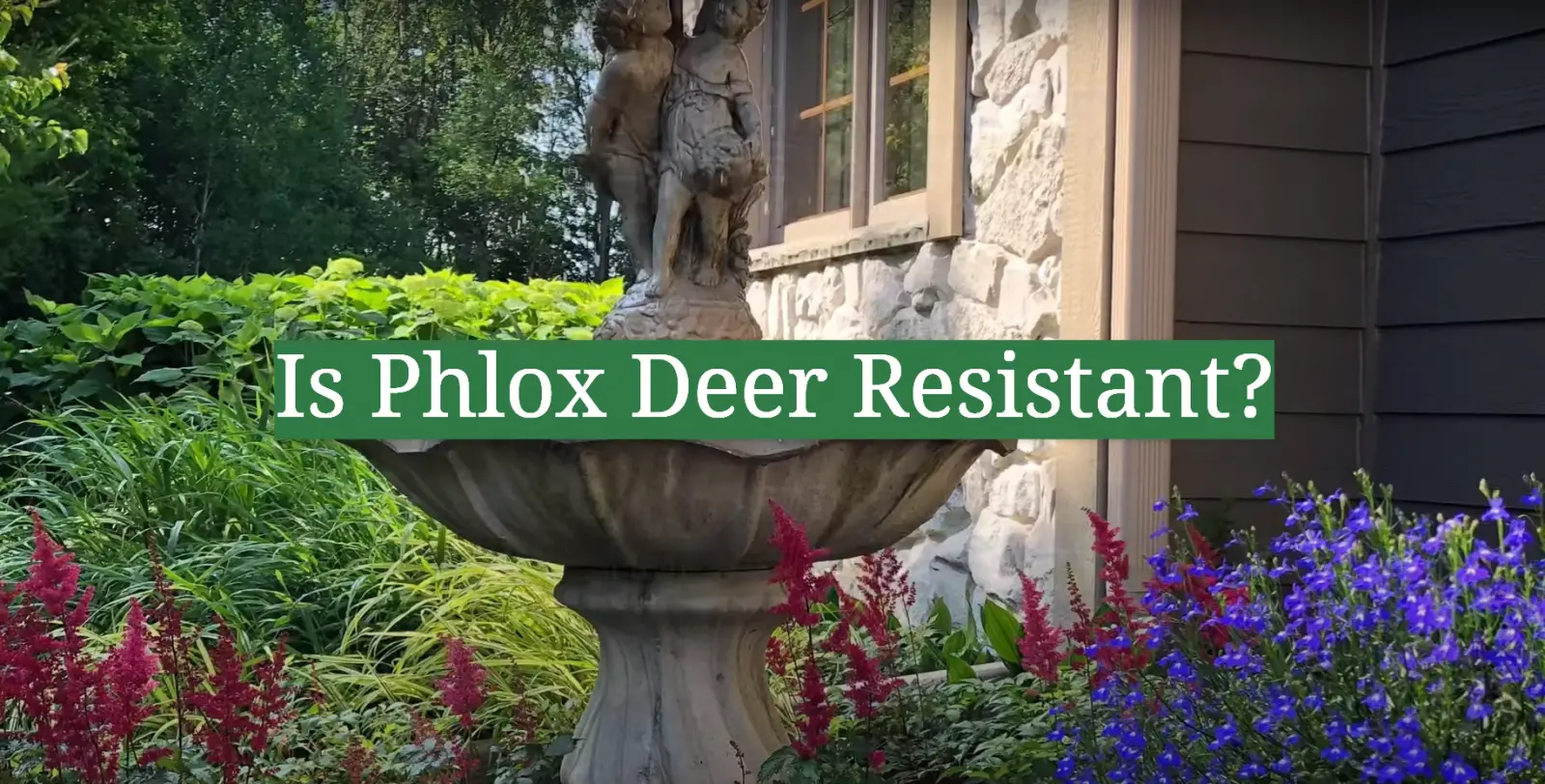
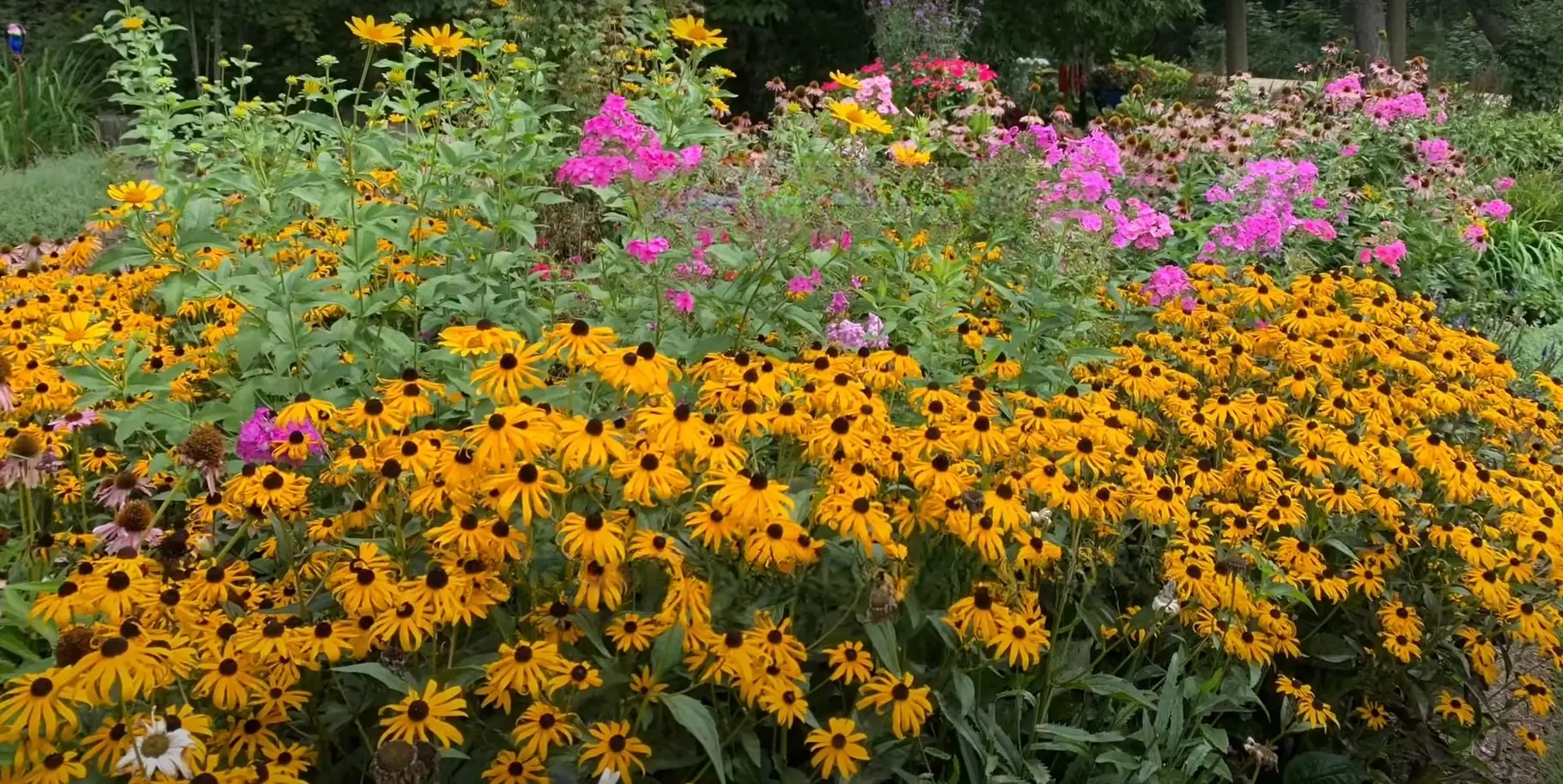
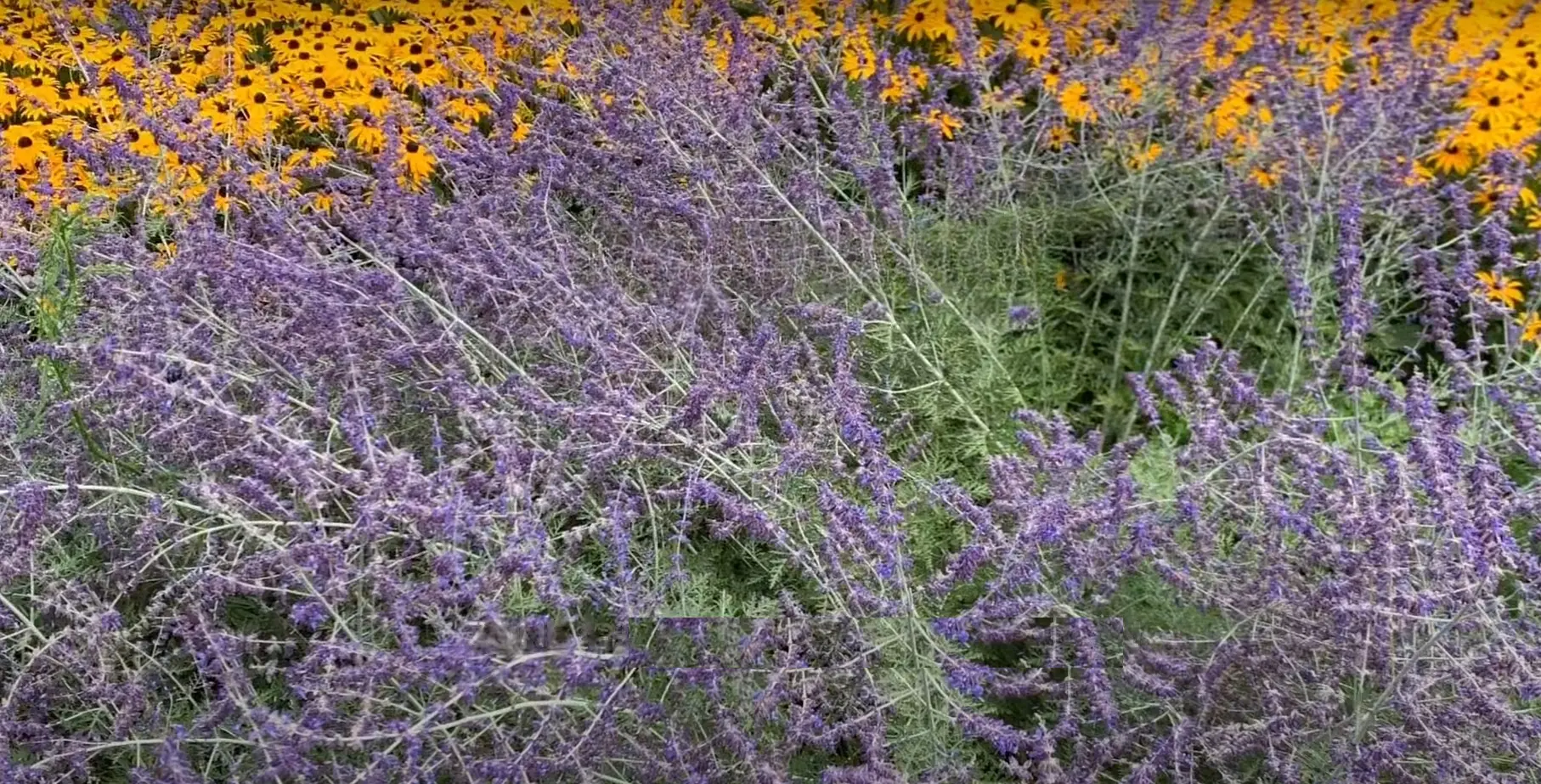

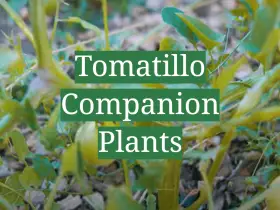
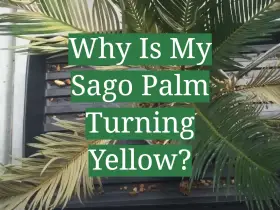
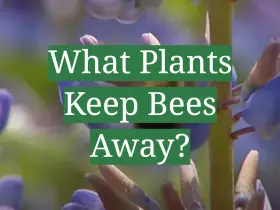
Leave a Reply
View Comments